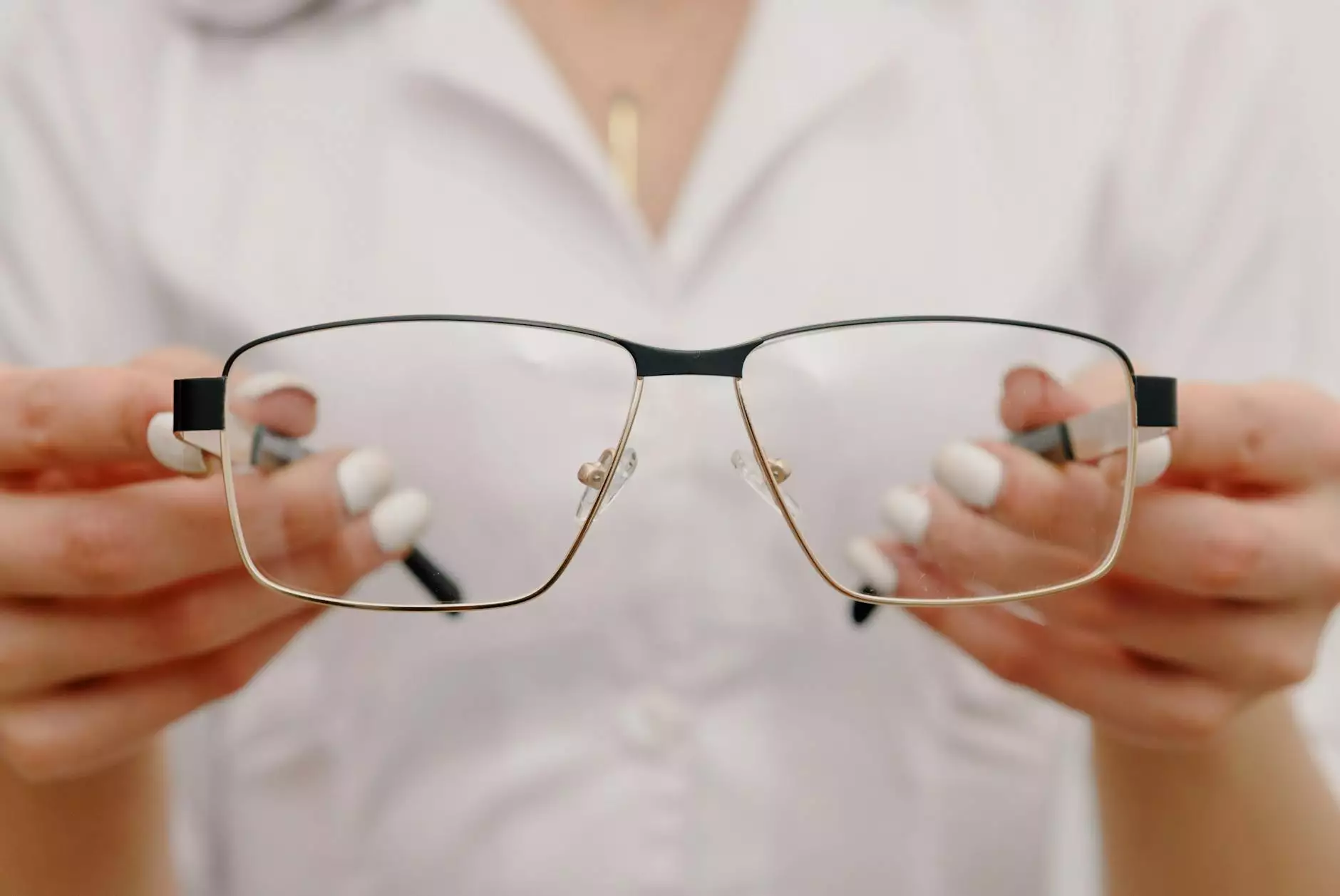Restless Legs 101 | Learn About the Symptoms of Vein Diseases

Introduction
Welcome to Bay Regional Medical Center's comprehensive guide on restless legs and the symptoms of vein diseases. If you or a loved one are experiencing restless legs, it is crucial to understand the underlying causes, common symptoms, and available treatment options. Our expert team of medical professionals is dedicated to providing the highest quality care and support in the field of vein diseases.
Understanding Restless Legs Syndrome
Restless Legs Syndrome (RLS) is a neurological disorder characterized by an uncontrollable urge to move the legs, usually accompanied by uncomfortable sensations. It is often experienced during periods of inactivity, such as sitting or lying down, and can significantly impact sleep quality and overall well-being.
Causes of Restless Legs Syndrome
The exact cause of RLS is not yet fully understood. However, research suggests that it may be linked to a combination of genetic and environmental factors. Certain medical conditions, such as iron deficiency, peripheral neuropathy, and kidney failure, can also contribute to the development of RLS. Additionally, certain medications and lifestyle factors, like caffeine and tobacco use, may exacerbate symptoms.
Recognizing the Symptoms
Common symptoms of restless legs syndrome include:
- Uncomfortable sensations, such as crawling or tingling, in the legs
- An irresistible urge to move the legs
- Worsening symptoms during periods of rest or inactivity
- Relief from symptoms through movement or stretching
- Disrupted sleep patterns
Vein Diseases and Restless Legs
It is important to note that restless legs can be connected to various vein diseases. Conditions like varicose veins, deep vein thrombosis (DVT), and chronic venous insufficiency (CVI) can lead to restless legs syndrome as a result of impaired blood flow and reduced circulation in the lower extremities.
Treatment Options for Restless Legs and Vein Diseases
At Bay Regional Medical Center, we offer a range of treatment options to address both restless legs and underlying vein diseases. Our board-certified physicians specialize in vascular medicine and are experienced in providing personalized care tailored to each patient's unique needs.
Compression Therapy
Compression therapy involves wearing specially designed stockings or socks that apply pressure to the legs, promoting healthy blood flow and reducing symptoms of restless legs.
Venous Ablation
Venous ablation is a minimally invasive procedure used to treat vein diseases such as varicose veins and CVI. It utilizes laser or radiofrequency energy to seal off problematic veins, allowing blood to reroute to healthier veins and alleviating symptoms, including restless legs.
Sclerotherapy
Sclerotherapy is a non-surgical procedure that involves injecting a solution directly into affected veins, causing them to collapse and fade over time. This treatment option is highly effective for spider veins and small varicose veins.
Self-Care Measures
In addition to medical interventions, certain self-care measures can help manage restless legs and improve overall vein health. Recommendations may include regular exercise, maintaining a healthy weight, avoiding prolonged sitting or standing, elevating the legs, and practicing good sleep hygiene.
Conclusion
Restless legs can significantly impact one's quality of life, but it is important to remember that effective treatment options are available. Bay Regional Medical Center is dedicated to providing comprehensive care for restless legs and vein diseases. Our skilled team of healthcare professionals is ready to guide you on your journey towards healthier legs and improved well-being. Contact us today to schedule a consultation and take the first step towards finding relief.




